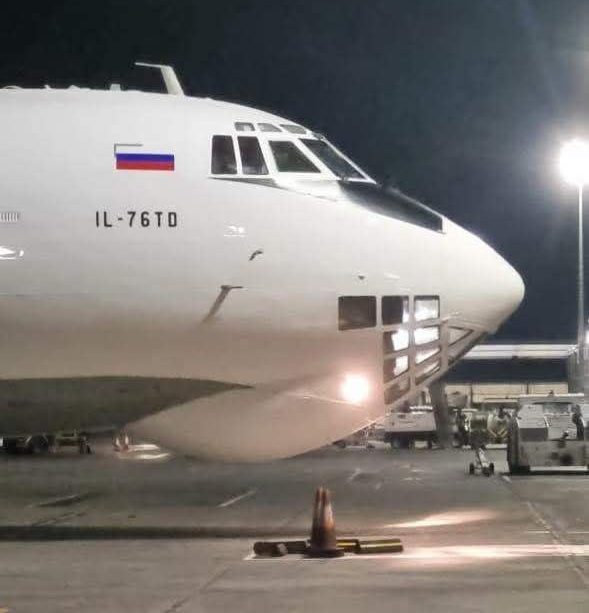Impact of Blacklisted Russian Cargo Plane on Global Trade

Introduction
The issue of blacklisted Russian cargo planes has gained significant attention in recent months amid rising geopolitical tensions. With sanctions imposed on Russia due to its ongoing conflict with Ukraine, the ramifications have extended into the aviation sector. Understanding the implications of these blacklisted aircraft is crucial for global trading partners, air transport security, and regulatory bodies.
Details and Current Events
As of September 2023, multiple Russian cargo planes have been identified and blacklisted by various countries and international aviation organizations. This action stems from allegations of these aircraft being used to transport military supplies and facilitate operations for sanctioned enterprises.
Among the most notable cases is the blacklisting of several Antonov An-124 cargo planes, which are among the world’s largest cargo aircraft. These planes had previously been used for commercial freight transportation but are now effectively grounded due to these sanctions, significantly disrupting freight logistics, especially in the energy and defense sectors.
Countries such as Canada, the US, and members of the European Union are leading efforts to enforce these bans. The International Air Transport Association (IATA) has also issued guidelines regarding the airworthiness and operational compliance of aircraft associated with blacklist violations, reinforcing the need for stricter monitoring and compliance within affluent air transport markets.
Consequences and Global Impact
The blacklisting of these Russian cargo planes poses numerous challenges. First, it has resulted in supply chain disruptions, particularly in regions heavily reliant on Russian air transport for logistics. Industries such as oil and gas, as well as humanitarian aid, are experiencing delays and increased costs.
Secondly, this situation has spurred a dialogue amongst countries about the reliance on air freight versus maritime options for transporting goods. As air cargo capacity decreases, companies may need to adapt their strategies by involving alternative logistics methods, potentially causing ripple effects in global trade dynamics.
Conclusion
The implications of the blacklisted Russian cargo planes are substantial. As global tensions evolve, so too does the landscape of international air transport. The blacklisting not only impacts trade logistics but also poses questions about the future of international collaboration in civil aviation. As nations navigate this complex environment, businesses will need to adapt to ensure uninterrupted supply chains while remaining compliant with international regulations. The situation continues to develop, and stakeholders must stay informed to mitigate the risks associated with these disruptions.









